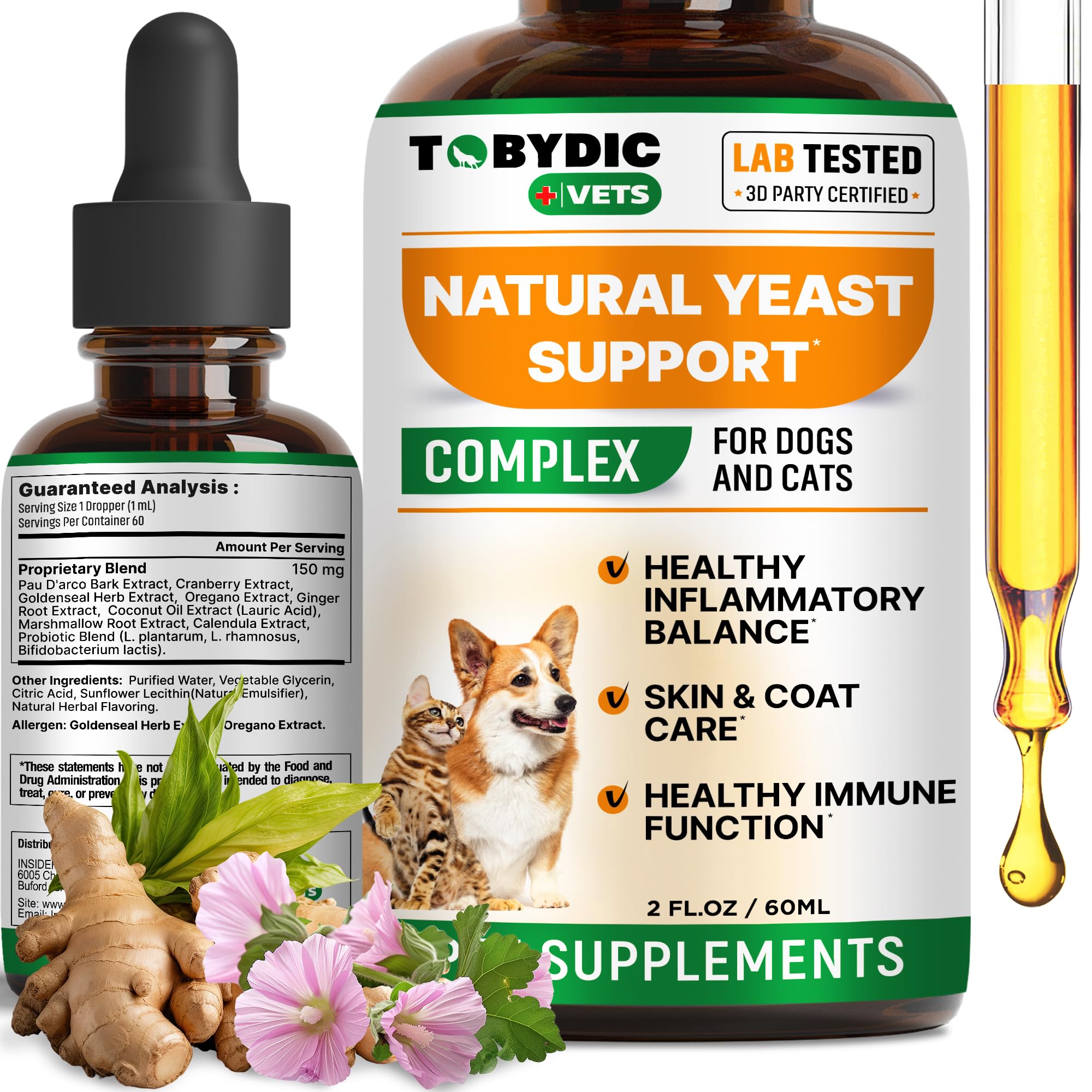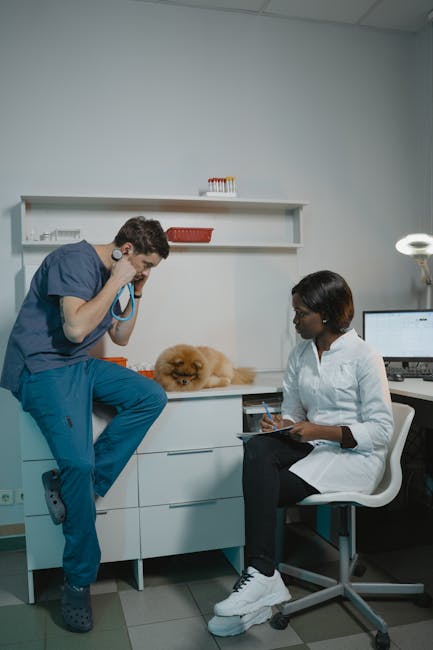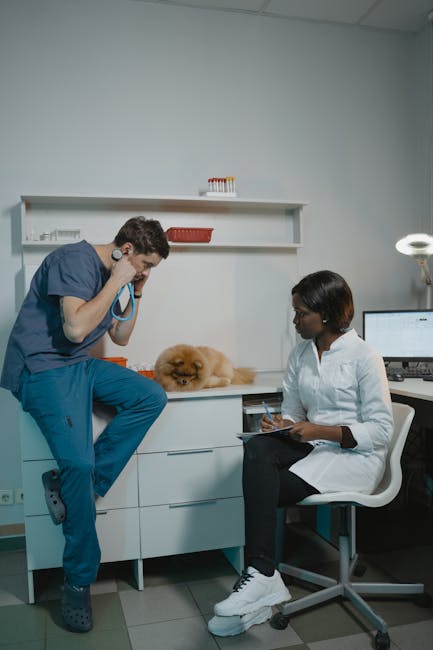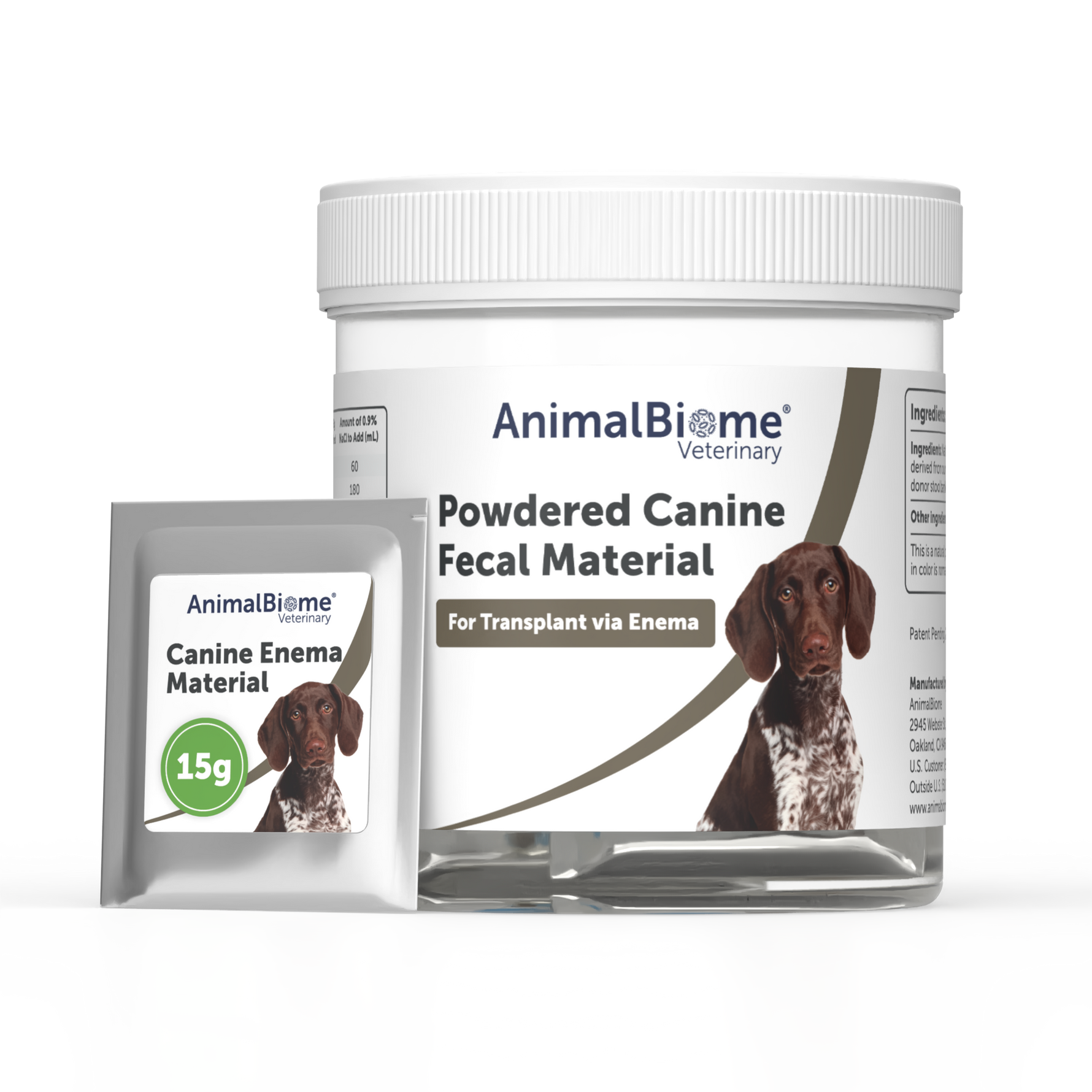Have you ever wondered if your furry friend can safely enjoy nutritional yeast? You might have seen this popular supplement in recipes or heard about its health benefits for humans, but what about dogs?
Before you sprinkle some on your pup’s food, it’s important to know if it’s safe and healthy for them. Keep reading to discover the truth about nutritional yeast and your dog’s diet—you might be surprised by what you learn!
What Is Nutritional Yeast
Nutritional yeast is a popular food product made from a single-celled fungus. It is grown on sugarcane or beet molasses, then harvested, washed, and dried with heat to deactivate it. This process stops it from growing like regular yeast used in baking.
Nutritional yeast has a nutty, cheesy flavor, making it a favorite in vegan cooking. It comes in yellow flakes, granules, or powder form. People often use it as a seasoning or a cheese substitute in recipes.
How Nutritional Yeast Is Made
The yeast is grown in a controlled environment on a sugar-rich medium. Once it reaches the right growth level, it is collected and heated to kill the yeast cells. This step ensures it does not cause dough to rise. After heating, it is dried and packaged for sale.
Nutritional Content Of Nutritional Yeast
- High in protein and fiber
- Rich source of B vitamins
- Contains minerals like zinc, selenium, and manganese
- Often fortified with vitamin B12
Common Uses Of Nutritional Yeast
- Sprinkled on popcorn or salads
- Added to soups and sauces
- Used in vegan cheese recipes
- Mixed into pasta or rice dishes
Nutritional Yeast And Dogs
Nutritional yeast is a popular supplement for humans. Many pet owners wonder if it is safe for dogs. This section explains how nutritional yeast affects dogs and what to consider before feeding it to them.
Nutritional Value Of Nutritional Yeast For Dogs
Nutritional yeast contains vitamins, minerals, and protein. It is rich in B vitamins, especially B12, which supports energy and metabolism. It also has antioxidants that help protect cells. These nutrients can benefit dogs when given in small amounts.
Potential Benefits Of Nutritional Yeast
- Improves skin and coat health
- Supports immune system function
- Aids digestion with natural enzymes
- Acts as a natural flea repellent
Many dog owners use it to boost their pet’s health naturally. Its flavor can also make food more appealing.
Possible Risks And Precautions
Too much nutritional yeast can cause digestive upset. Some dogs may be allergic or sensitive to it. Avoid products with added garlic or onion powder, as these are toxic to dogs. Always introduce it slowly and watch for reactions.
How To Safely Feed Nutritional Yeast To Dogs
Start with a small pinch mixed into food. Use plain, unfortified nutritional yeast without additives. Consult a vet before adding new supplements. Monitor your dog’s health and behavior closely.
Health Benefits For Dogs
Adding nutritional yeast to your dog’s diet can offer several health benefits that you might not have considered before. This natural supplement is packed with nutrients that support your dog’s overall well-being. Understanding these benefits can help you decide if nutritional yeast is a good addition to your furry friend’s meals.
Rich Source Of Vitamins
Nutritional yeast is loaded with B vitamins, especially B12, which is crucial for your dog’s energy and nervous system health. Many commercial dog foods lack sufficient B12, so a sprinkle of nutritional yeast can fill that gap. Have you noticed your dog being more energetic after a diet change? This might be why.
Supports Immune System
The beta-glucans in nutritional yeast help boost your dog’s immune response. These compounds stimulate immune cells to fight off infections more effectively. If your dog tends to get frequent colds or infections, adding nutritional yeast might help strengthen their natural defenses.
Promotes Healthy Skin And Coat
Thanks to its rich content of zinc, selenium, and other antioxidants, nutritional yeast supports skin repair and fur health. You may see less itching and a shinier coat after consistent use. Would you like your dog’s fur to look as vibrant as it feels?
Potential Risks And Side Effects
Feeding your dog nutritional yeast might seem like a healthy choice, but it’s important to be aware of potential risks and side effects. Even natural supplements can cause issues if your dog reacts poorly or consumes too much. Understanding these risks helps you make safer decisions for your pet’s diet.
Allergic Reactions
Some dogs can develop allergies to nutritional yeast. Signs may include itching, redness, swelling, or even hives. If your dog starts scratching more than usual or shows skin irritation after eating nutritional yeast, stop giving it and consult your vet.
It’s easy to confuse mild allergies with other skin problems. Have you noticed any sudden changes in your dog’s coat or behavior after introducing new foods?
Digestive Issues
Digestive upset is a common side effect if your dog isn’t used to nutritional yeast. Symptoms like vomiting, diarrhea, or gas can appear after feeding it for the first time. Start with very small amounts to see how your dog’s stomach handles it.
Remember, dogs have sensitive digestive systems. What seems harmless to us can be tough on their tummies.
Excessive Intake Concerns
Giving your dog too much nutritional yeast can lead to problems such as elevated uric acid levels. This might increase the risk of developing urinary stones, which can be painful and require veterinary treatment. Moderation is key—treat nutritional yeast as a supplement, not a main food.
Have you ever thought about how much of a ‘healthy’ food is too much for your dog? It’s easy to overdo it, especially with trendy supplements.
Safe Ways To Feed Nutritional Yeast
Feeding your dog nutritional yeast can be a great way to boost their diet with vitamins and protein. However, it’s important to do this safely to avoid any stomach upset or allergic reactions. Let’s look at how you can introduce this supplement carefully and serve it in the right amounts.
Recommended Serving Sizes
Start with a small amount to see how your dog reacts. For small dogs, a pinch or about 1/4 teaspoon per day is enough. Medium to large dogs can handle up to 1 teaspoon daily.
Too much nutritional yeast can cause digestive problems like gas or diarrhea. Always measure carefully and avoid guessing. Remember, a little goes a long way, so don’t overfeed.
How To Introduce It Gradually
Mix nutritional yeast into your dog’s regular food slowly over a week. Begin by adding just a tiny sprinkle on the first day. Then, gradually increase the amount each day while watching for any signs of discomfort.
Watch your dog’s behavior and stool consistency closely. If you notice itching, vomiting, or loose stools, stop feeding it immediately. This slow introduction helps your dog adjust and lets you spot any issues early.
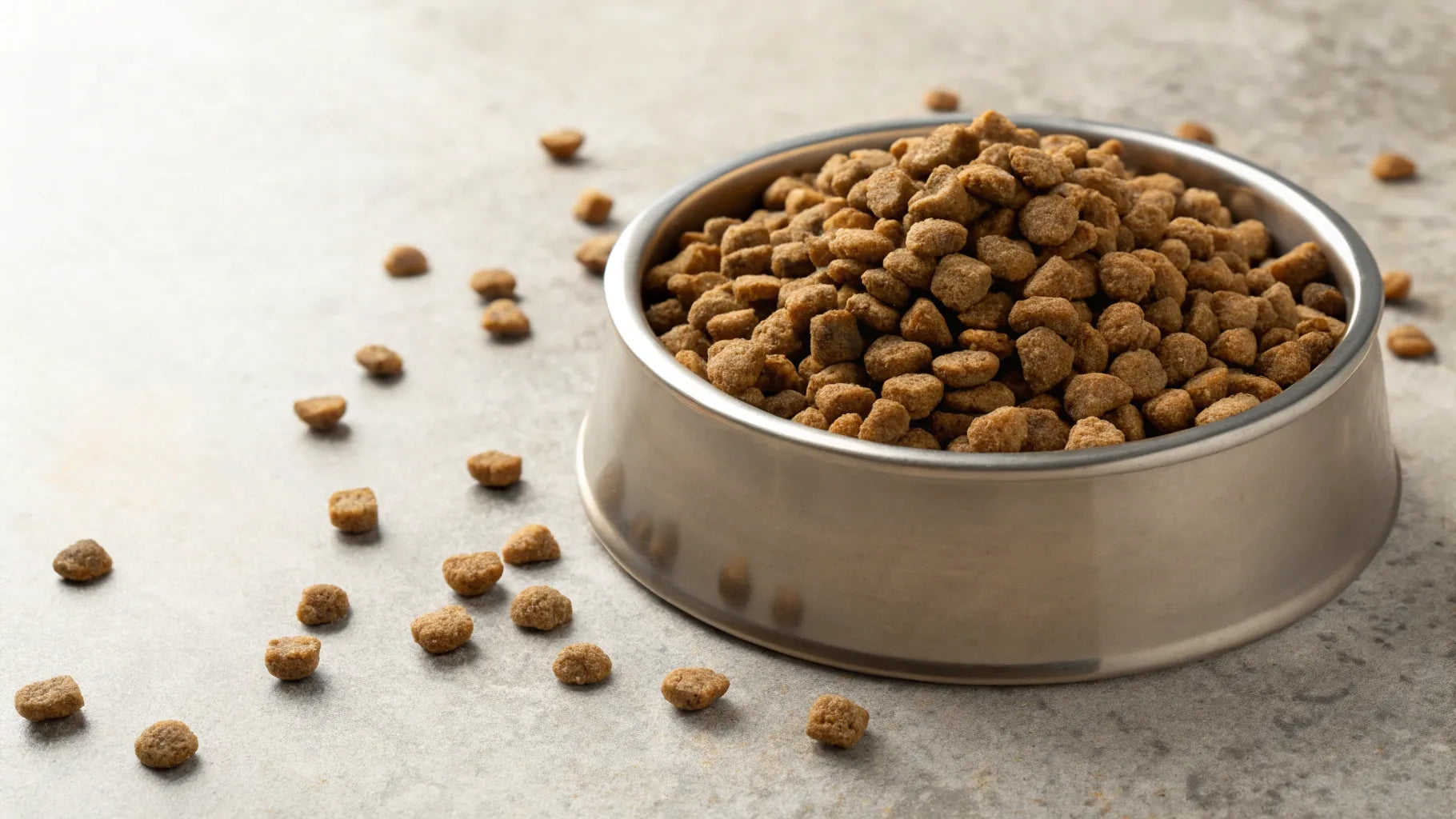
Credit: www.houndsy.com
Alternatives To Nutritional Yeast
Some dogs cannot eat nutritional yeast due to allergies or digestion issues. Finding safe and healthy alternatives helps keep your dog’s diet balanced. These options provide similar nutrients and flavors without risks. Each alternative has unique benefits for your furry friend.
Brewer’s Yeast
Brewer’s yeast is rich in B vitamins and protein. It supports your dog’s skin, coat, and immune system. The taste is similar to nutritional yeast but slightly stronger. Use it in small amounts to avoid digestive upset.
Parmesan Cheese
Parmesan cheese adds a cheesy flavor dogs often enjoy. It contains protein and calcium but has more fat and salt. Use sparingly, especially for dogs with sensitive stomachs or weight issues. It works well as a treat topping.
Ground Flaxseed
Ground flaxseed offers omega-3 fatty acids and fiber. It promotes a healthy coat and digestion. It has a mild, nutty taste that blends easily into food. Use it daily but in controlled portions to prevent digestive problems.
Chia Seeds
Chia seeds contain omega-3s, fiber, and antioxidants. They help improve skin health and hydration. Soak them before feeding to avoid choking hazards. Sprinkle on your dog’s meals for a nutrient boost.
Cooked Pumpkin
Cooked pumpkin supports digestion and is rich in vitamins A and C. It is gentle on the stomach and helps with constipation or diarrhea. Add small amounts to your dog’s diet for a tasty, healthy treat.
When To Avoid Nutritional Yeast
Nutritional yeast can be a healthy treat for many dogs. Still, certain situations call for avoiding it. Knowing when to skip this supplement helps keep your dog safe and healthy.
Some dogs may react badly to nutritional yeast. Others might have health conditions that make it risky. Learning these cases protects your furry friend from harm.
Dogs With Yeast Allergies Or Sensitivities
Some dogs have allergies or sensitivities to yeast products. Feeding nutritional yeast to these dogs can cause itching, swelling, or digestive upset. Watch for signs like redness, scratching, or vomiting.
Dogs With Yeast Infections
Yeast infections can worsen if you give nutritional yeast. This includes skin, ear, or digestive tract infections. Avoid yeast supplements until your vet clears your dog.
Dogs On Certain Medications
Some medications may interact with nutritional yeast. For example, drugs for depression or high blood pressure can be affected. Always check with your vet before adding yeast to your dog’s diet.
Puppies And Pregnant Dogs
Puppies and pregnant dogs have sensitive systems. Nutritional yeast may cause unwanted reactions or imbalances. Stick to vet-recommended diets during these stages.

Credit: bestiehealth.com.au
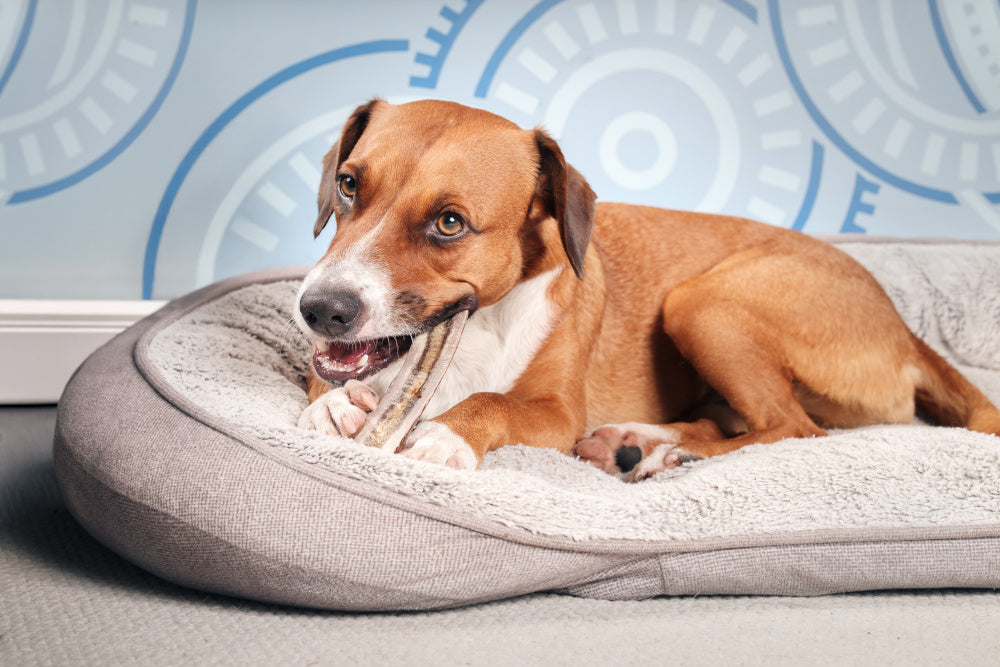
Credit: www.nextritionpet.com
Frequently Asked Questions
Is Nutritional Yeast Safe For Dogs?
Yes, nutritional yeast is generally safe for dogs. It offers beneficial nutrients like B vitamins. However, moderation is key. Too much can cause digestive issues. Always check with your vet before introducing new foods. Some dogs may have allergies or sensitivities, so monitoring their reactions is important.
Can Nutritional Yeast Benefit My Dog’s Health?
Nutritional yeast can benefit dogs’ health by providing B vitamins and antioxidants. These nutrients support energy levels and immune function. It can also improve skin and coat health. However, ensure it’s given in moderation to prevent digestive problems. Always consult your veterinarian before making dietary changes.
How Much Nutritional Yeast Should I Give My Dog?
Start with small amounts of nutritional yeast, like half a teaspoon. Observe your dog’s reaction before increasing the quantity. Adjust based on size and dietary needs. Too much can lead to digestive upset. Always consult your vet for personalized advice.
They can guide you on appropriate portions.
Are There Risks With Nutritional Yeast For Dogs?
There are potential risks if nutritional yeast is given in excess. It can cause digestive issues like diarrhea or upset stomach. Some dogs may have allergies or sensitivities. Always introduce it gradually and monitor your dog’s reaction. Consult your vet for advice tailored to your dog’s health.
Conclusion
Nutritional yeast can be safe for dogs in small amounts. It offers vitamins and a cheesy flavor dogs often like. Still, watch for allergies or stomach problems. Always introduce it slowly and in tiny portions. Speak with your vet before adding new foods.
Keep your dog’s diet balanced and healthy. This helps your pet stay happy and strong. Simple steps protect your dog’s well-being every day.

